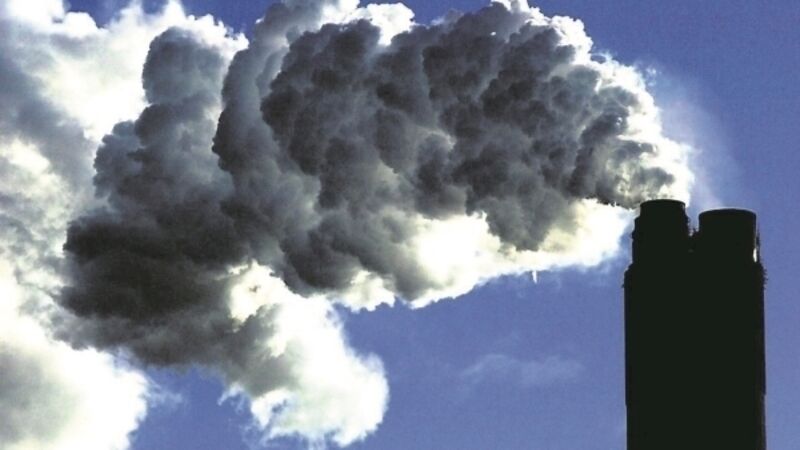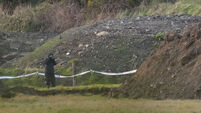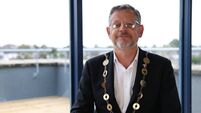Annual carbon tax hikes on cards from 2020

Carbon tax hikes every year will be considered after an energy report warned that a third of all electricity demand here in future is set to come from data centres and large energy users.
Energy Minister Richard Bruton said he is “open” to considering annual hikes in carbon taxes and confirmed upward changes to the levy will be considered for the 2020 budget.













